Rwanda, the “Land of a Thousand Hills,” offers an unforgettable self-drive adventure. Its excellent infrastructure, breathtaking scenery, and commitment to road safety make it a premier destination for road-trippers. However, navigating its steep, winding roads and venturing into national parks requires preparation. This in-depth guide provides the essential checklist to ensure a safe, compliant, and comfortable journey across this beautiful East African nation.
📜 Part 1: The Paperwork and Legal Rules Checklist
Before you even touch the steering wheel, you must ensure all your documentation is in order and you understand the local traffic laws. Rwanda is known for its strict and efficient law enforcement.
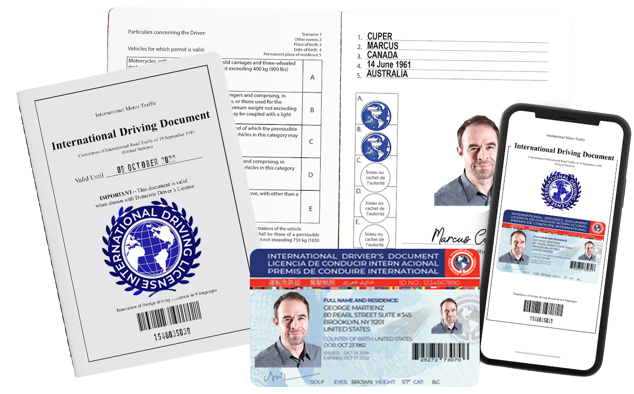
| Document & Requirement | Details and Necessity |
| Valid Driving Licence | Mandatory. Carry your original home country licence. |
| International Driving Permit (IDP) | Highly Recommended/Mandatory. While short-term visitors (up to 90 days) may be permitted to use a home licence, an IDP is an official translation required by police at routine checkpoints, making for much smoother interactions. |
| Passport & Visa | Mandatory. Always carry your original passport and proof of your Rwandan visa/entry stamp. |
| Vehicle Registration & Insurance | Mandatory. The rental company must provide copies of the vehicle’s registration (logbook) and valid third-party motor insurance. Traffic police will check these. |
| Minimum Driving Age | Legally 18, but most car rental companies require the driver to be 23-25 years old with at least two years of driving experience. |
Key Traffic Laws to Memorize
- Driving Side: In Rwanda, you drive on the right-hand side of the road (steering wheel on the left, as is common in most of Europe and the Americas). Note: Some older sources or neighboring countries may differ, but Rwanda is right-hand traffic (RHT).
- Speed Limits: Strictly enforced, often by speed cameras.
- Urban Areas/Towns: Generally 40 km/h.
- Highways/Rural Roads: Typically 60-80 km/h.
- Always look out for posted signs; the police are very strict on speeding.
- Seatbelts: Mandatory for the driver and all passengers, front and back.
- Mobile Phones: Illegal to use a handheld mobile phone while driving. Use a hands-free system only.
- Alcohol Limit: The legal blood alcohol concentration (BAC) limit is 0.08%. However, given the zero-tolerance enforcement, it is best to avoid alcohol completely if you plan to drive.
- Police Checkpoints: Expect frequent routine police checkpoints, especially outside major cities. Be polite, cooperative, and present your documents calmly.
⛰️ Part 2: Understanding Rwanda’s Roads and Driving Hazards
Rwanda is famed for its hilly terrain, which presents a dynamic mix of driving conditions that demand caution and a reliable vehicle.
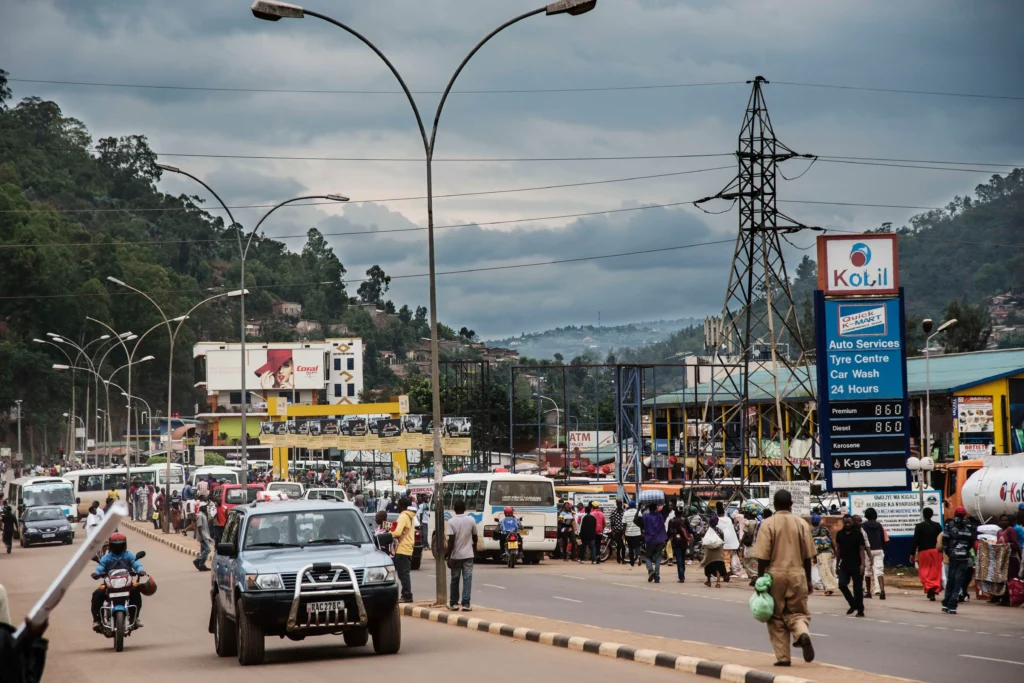
Road Conditions: A Tale of Two Systems
| Road Type | Condition to Expect | Vehicle Requirement |
| Major Arterial Roads | Excellent. Paved, smooth, and well-maintained roads connecting Kigali to major towns (e.g., Musanze/Volcanoes NP, Huye, Lake Kivu). | Standard sedan is fine, but a robust vehicle is always better. |
| Rural Roads & Park Tracks | Variable. Mostly unpaved, dirt, or gravel tracks. Can be steep, heavily rutted, dusty in the dry season, and extremely muddy and slippery in the rainy season. | High-clearance 4×4 is essential. |
Key Driving Hazards
- Pedestrians and Cyclists: Expect people, livestock (cows, goats), cyclists, and boda-bodas (motorcycle taxis) everywhere, often unexpectedly walking on the road, even on highways. Drive defensively, especially near villages.
- Hilly Terrain: Many roads involve steep ascents and descents with sharp, winding curves. Use lower gears to control speed and prevent brake fade.
- Night Driving: Strongly discouraged. Rural roads lack street lighting, making it extremely difficult to spot pedestrians, unlit vehicles, or animals. Many rental agencies and embassies advise against driving outside urban centers after 6:00 p.m.
🛠️ Part 3: Selecting and Prepping Your Reliable 4×4
For a successful self-drive safari or journey beyond Kigali, a reliable 4×4 car in Rwanda with high ground clearance is not just a convenience—it’s an absolute necessity.
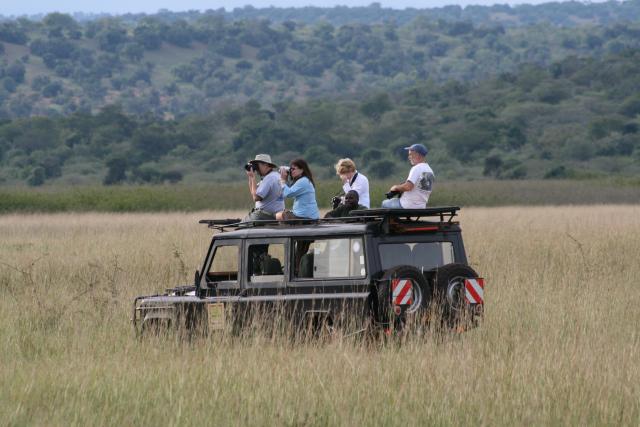
Top Reliable 4×4 Choices
The most trusted vehicles in East Africa, known for their durability, off-road capability, and ease of finding local repair/parts, are:
- Toyota Land Cruiser (Prado/TXL/V8): The gold standard. Excellent comfort, powerful engine, and superb off-road prowess. Highly recommended for long distances and difficult terrain.
- Toyota RAV4: A popular compact SUV option. Reliable, fuel-efficient, and capable on good dirt roads, but may struggle more than a Land Cruiser on deep mud or very rocky tracks.
- Nissan Patrol: A rugged and robust alternative with high off-road capability.
Pre-Trip Vehicle Inspection Checklist
Before signing the rental agreement, verify these points:
| Item | Status |
| Working 4WD System | Test the low-range gear and 4×4 engagement. |
| Tires (Tread & Pressure) | All tires (including the spare) must have deep tread and be correctly inflated. |
| Spare Tire & Tools | Ensure a functional jack, wheel wrench, and at least one good spare tire are present. |
| Safety Equipment | Must have a working fire extinguisher, first-aid kit, and two emergency warning triangles. |
| Lights & Indicators | Check all headlights (high/low beam), brake lights, and turn signals are functional. |
| Fuel Tank | Agree on the fuel policy (full-to-full is common). Always refuel when possible, as stations can be sparse in rural areas. |
| Ground Clearance | The 4×4 vehicle must have high ground clearance to safely navigate bumps and ruts. |
🗺️ Part 4: The Essential Journey Preparation Checklist
With your documents and vehicle sorted, a little on-the-ground preparation will greatly enhance your experience.
- Navigation: Download offline maps (like Google Maps or Maps.me) for Rwanda, as cell service can be intermittent in remote areas and national parks.
- Local SIM Card: Purchase a local SIM card (Airtel or MTN) for reliable communication and local calls in an emergency.
- Emergency Contacts: Save key numbers: Police (112 or 311), Ambulance (912), and your rental company’s roadside assistance.
- Cash (RWF): Carry enough Rwandan Francs (RWF) for small transactions, road stops, and for areas where credit cards are not accepted.
- Water & Snacks: Always keep plenty of water and emergency snacks, especially for long drives between major towns.
Driving in Rwanda is a privilege, offering incredible access to its vibrant cities and stunning natural beauty. By respecting the strict traffic rules, driving cautiously, and choosing the right reliable 4×4, you’ll be well-equipped for an exceptional journey in the heart of Africa.
Are you planning a self drive road trip in Rwanda this season and require a strong , reliable but still affordable rental car? You are in the right place. We at Rwanda Car Rental services offer a wide range of vehciles for hire including 4x4s, SUVs, vans and luxury cars for all types of travelers. For bookings or inquiries about availability- simply contact us now by sending an email to [email protected] or call us now on +256-700135510 to speak with the reservations team.
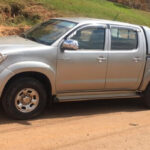
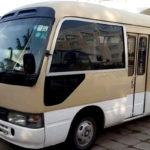
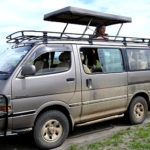
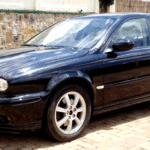
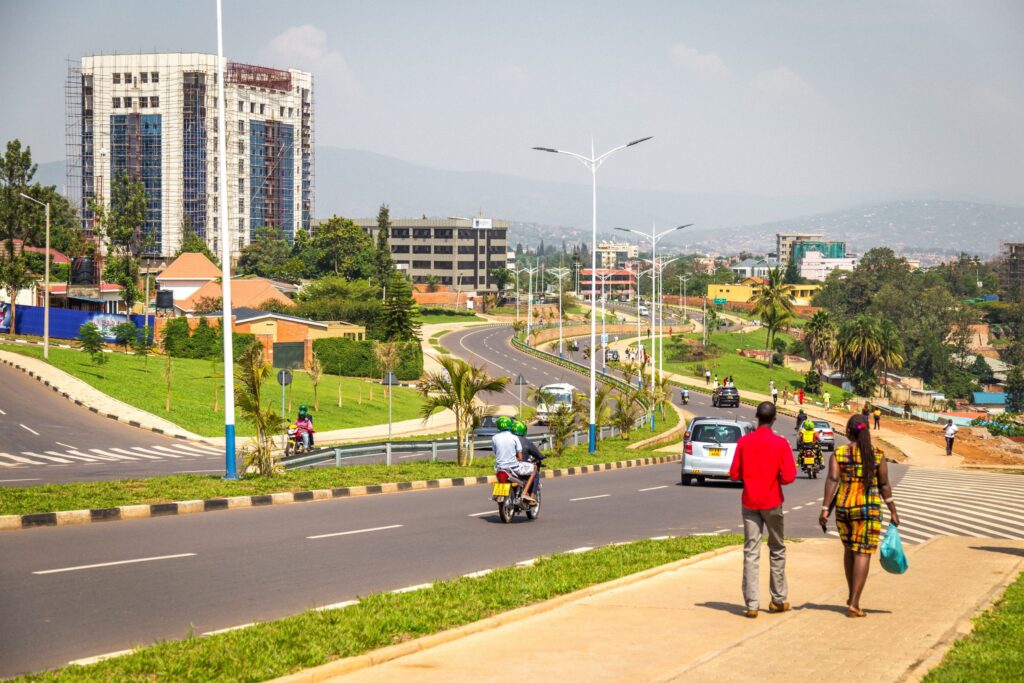

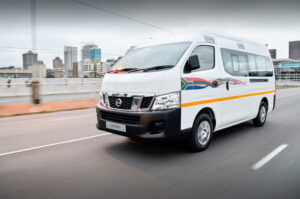
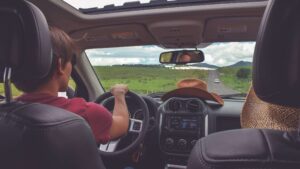
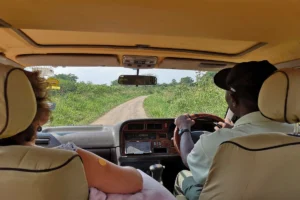
More Stories
How to Get Cheap Car Hire In Kigali City This Season
Minibus Hire in Rwanda: The Ultimate Guide for Group Travel
6 Exciting Things To Do When You Self Drive To Lake Kivu